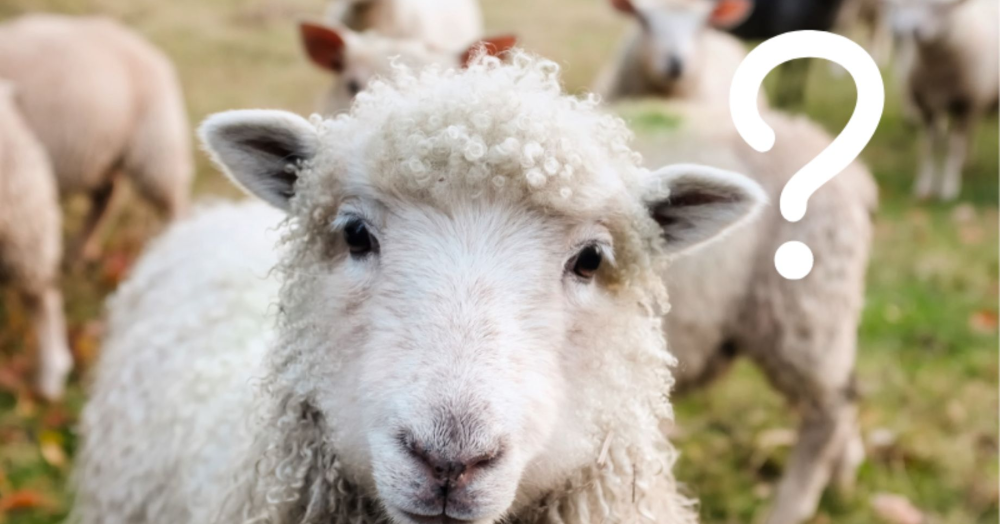
What Does Fleecehold Mean for Buyers in Bedfordshire?
What does fleecehold mean for buyers in Bedfordshire? No, it has nothing to do with sheep 🤣 and everything to do with the property!
When purchasing a property, you will normally find that the ownership will be leasehold or freehold. However, another term that may be used is fleecehold, which can have a different impact on the property ownership and payment terms.
In this article, we’ll explain what is meant by fleecehold, freehold and leasehold, and what the differences are for buyers in Bedfordshire.

What is Fleecehold?
Fleecehold agreements are known as a combination of freehold and leasehold terms. It usually means you own the land, but you have to pay annual or monthly fees to a third party to maintain it.
These fees are often referred to as estate fees or service charges. They usually cover the costs of maintaining things like communal gardens, private roads or play areas. You will know if the property you intend to purchase is fleecehold if it states it within the contract.
What is Freehold?
Many properties are purchased on a freehold basis, which means you purchase both the property and the land it resides on. This is typically the case when you are buying a house instead of a flat.
When you own the freehold, you are fully responsible for maintaining (and paying for) the property and its land. You also don’t pay annual fees to anyone else to maintain it.

What is Leasehold?
Purchasing a leasehold property means that you won’t own the land the property resides on, even if you purchase the property itself. Because you don’t own the land, you have to pay an annual fee to the person that does own the land (who is known as the freehold or freeholder).
Being a leasehold owner is common with flats or maisonettes where you own the apartment but not the rest of the land or the property. Typically, you can have a single net lease, a double net lease, a triple net lease and/or a ground lease. Each one gives you different responsibilities as the leaseholder and all require some form of payment to be made annually to the freeholder.
What is the Difference Between Fleecehold, Freehold & Leasehold?
There are some key differences between fleecehold, freehold and leasehold properties. When purchasing a property, it’s important to speak to the estate agent to understand which ownership type the property has.
With a leasehold property, you:
- Pay an ongoing fee (usually annual) to the freeholder for maintenance
- Have limited responsibilities around maintaining the property and its land – which are defined in the leasehold agreement
When purchasing a freehold property, you:
- Own the property and the land it resides on
- Are fully responsible for the maintenance of the property and its land
With a fleecehold agreement, you:
- Own the property and its land
- Pay ongoing fees to a third party to pay for maintenance of some of the property grounds, like private roads leading up to the property or communal gardens and play areas
Are You Buying in Bedfordshire?
Understanding the differences between freehold, leasehold and fleecehold is important when buying a property, but the details can be complicated.
If you’re buying a property in Bedfordshire, Love Homes are your local property experts. Our friendly team of estate agents are here to help you find the perfect home for your situation.
Give us a call today on 01525 713111 or email us at hello@lovehomes.uk to find out more about our Bedfordshire properties.